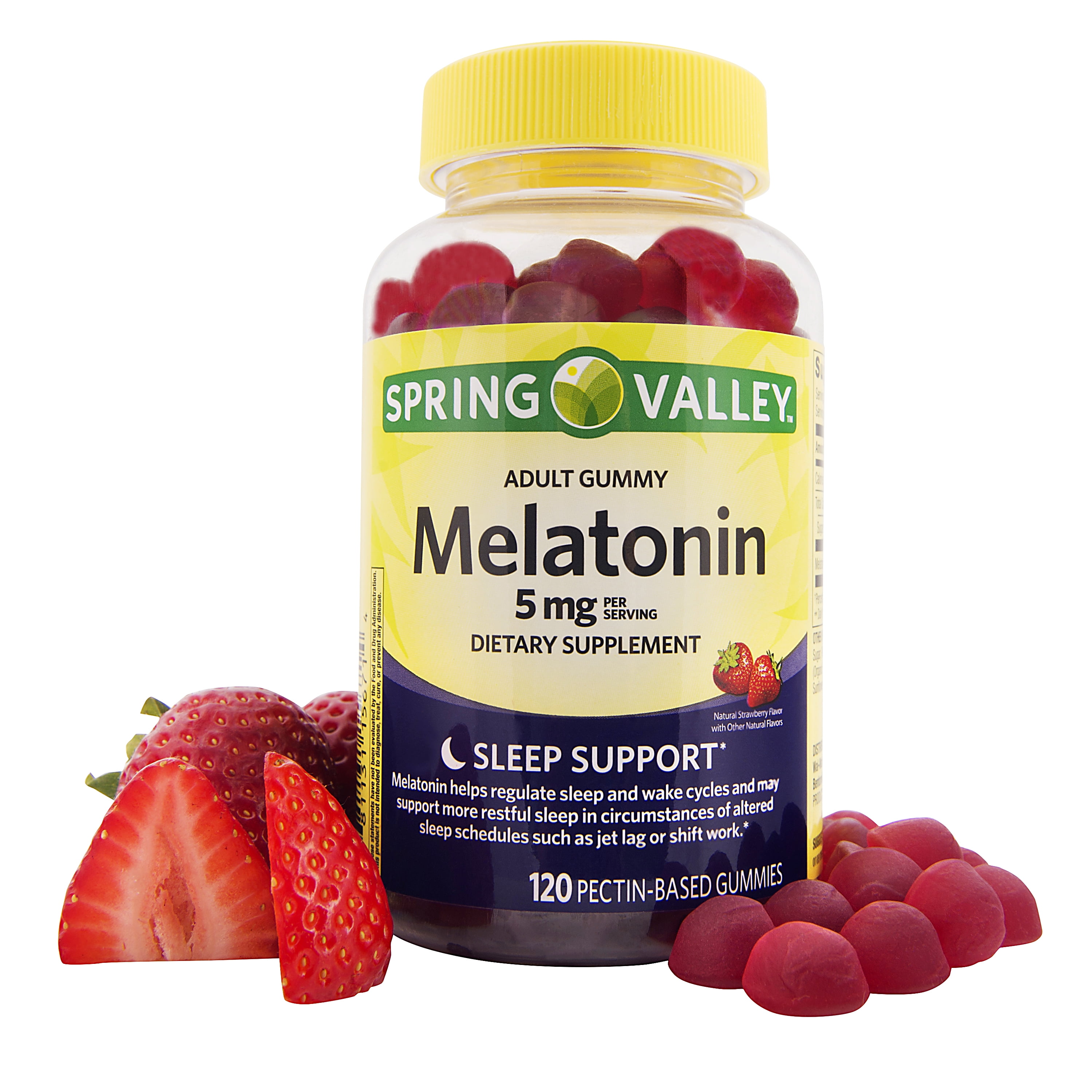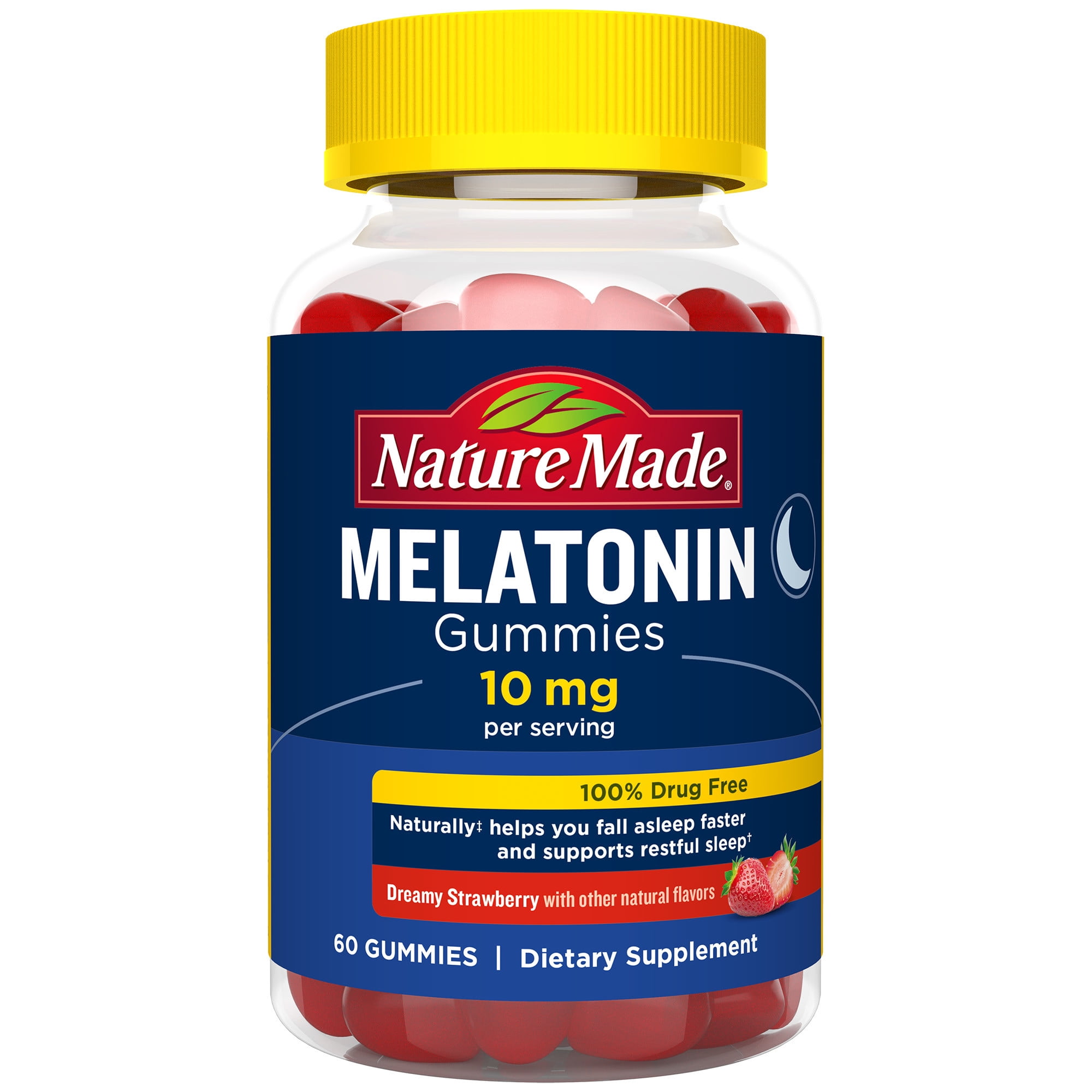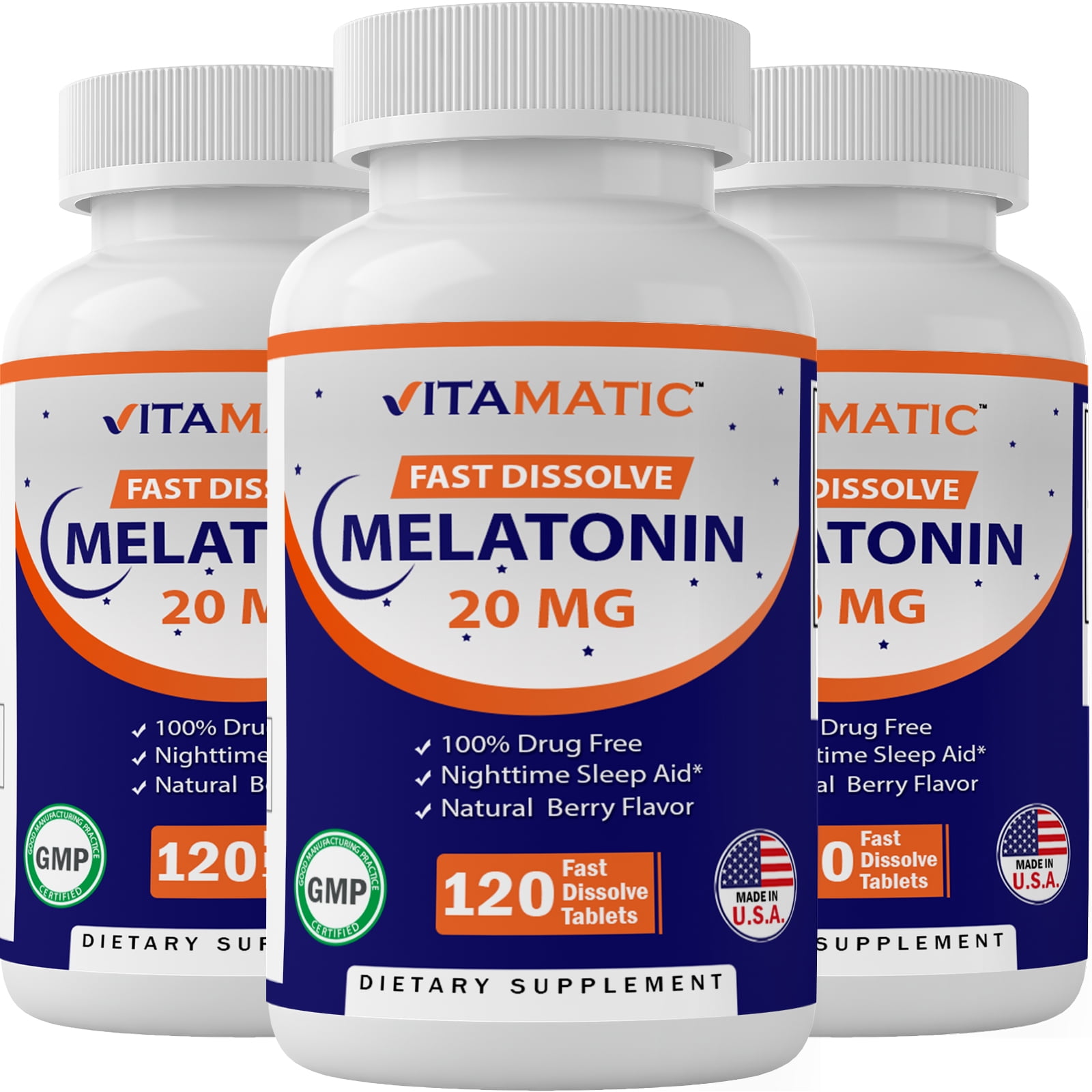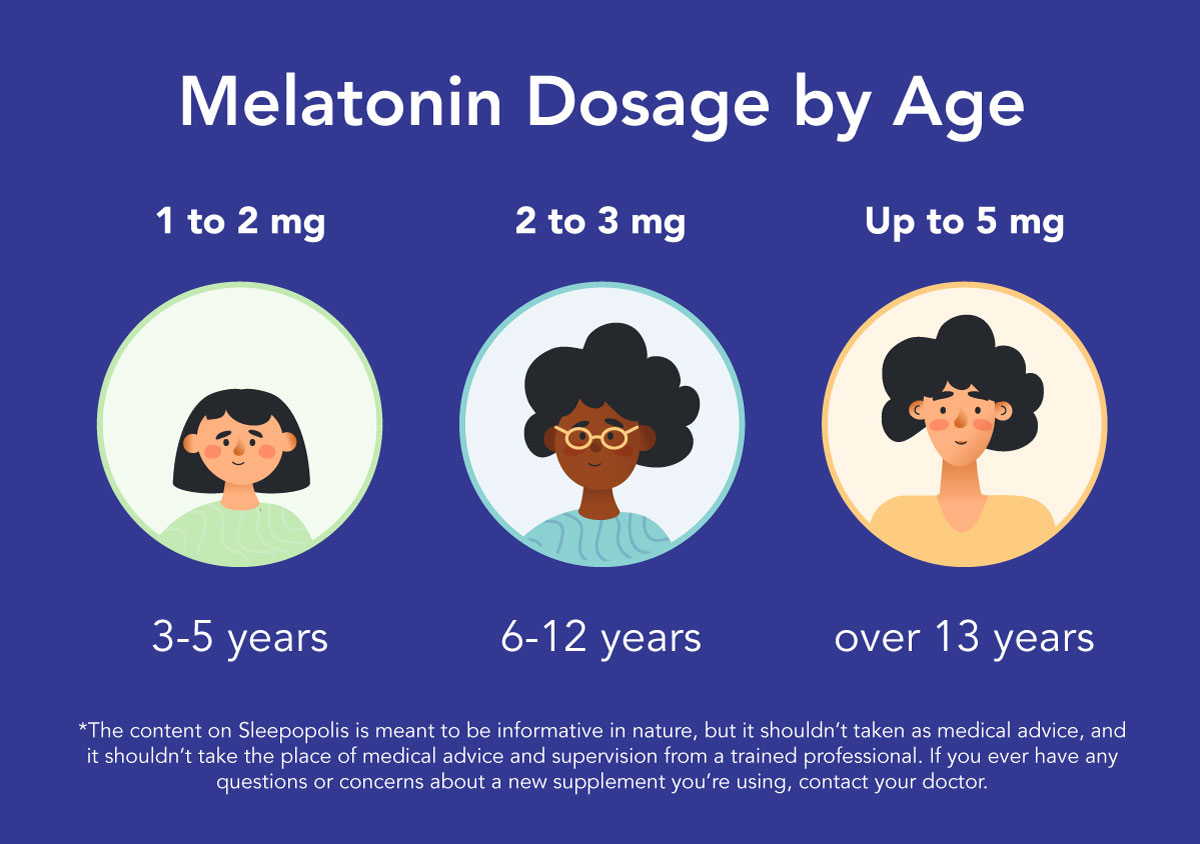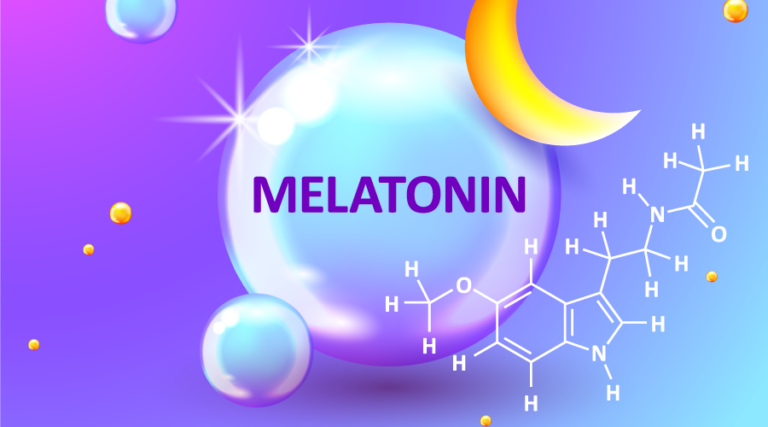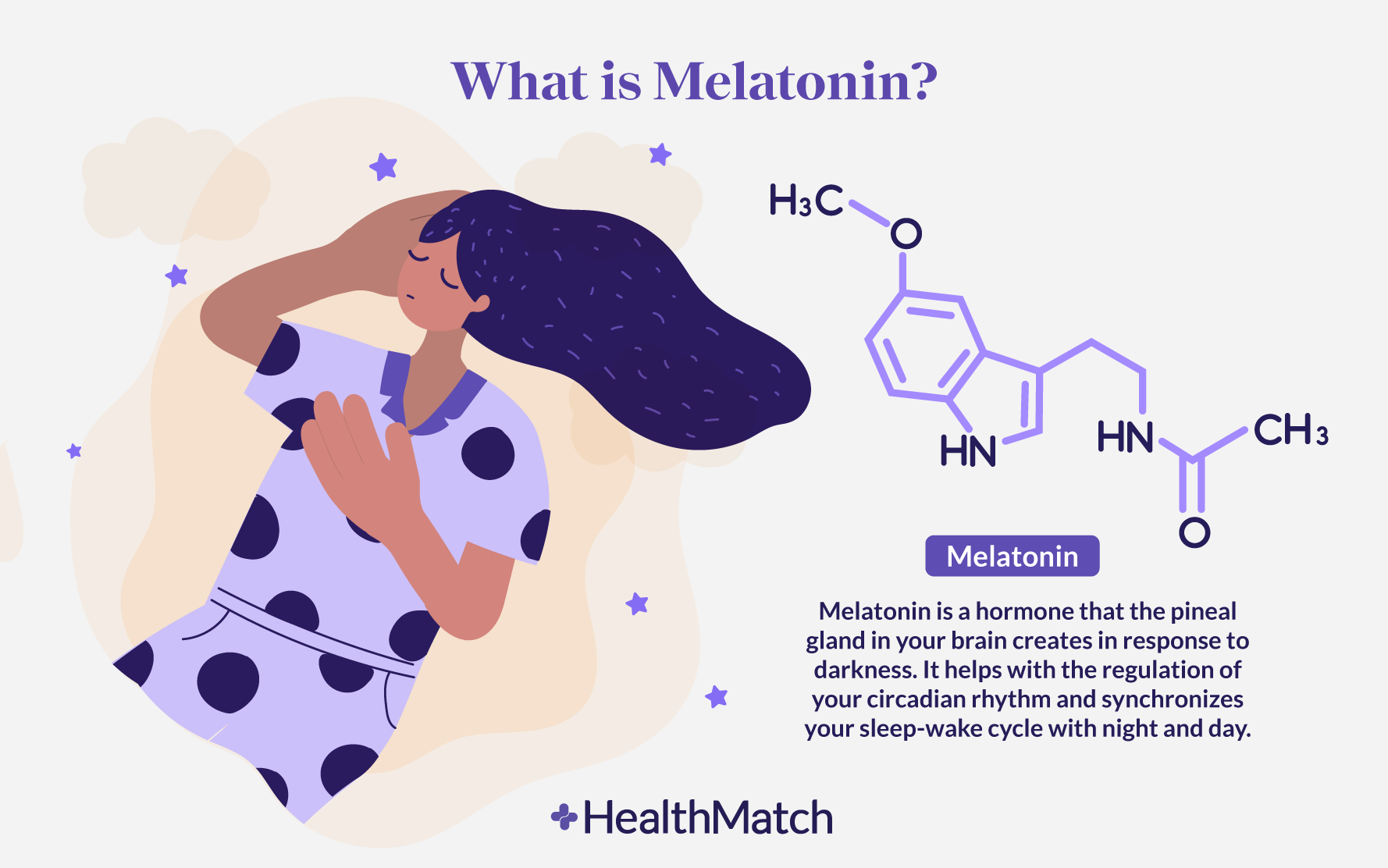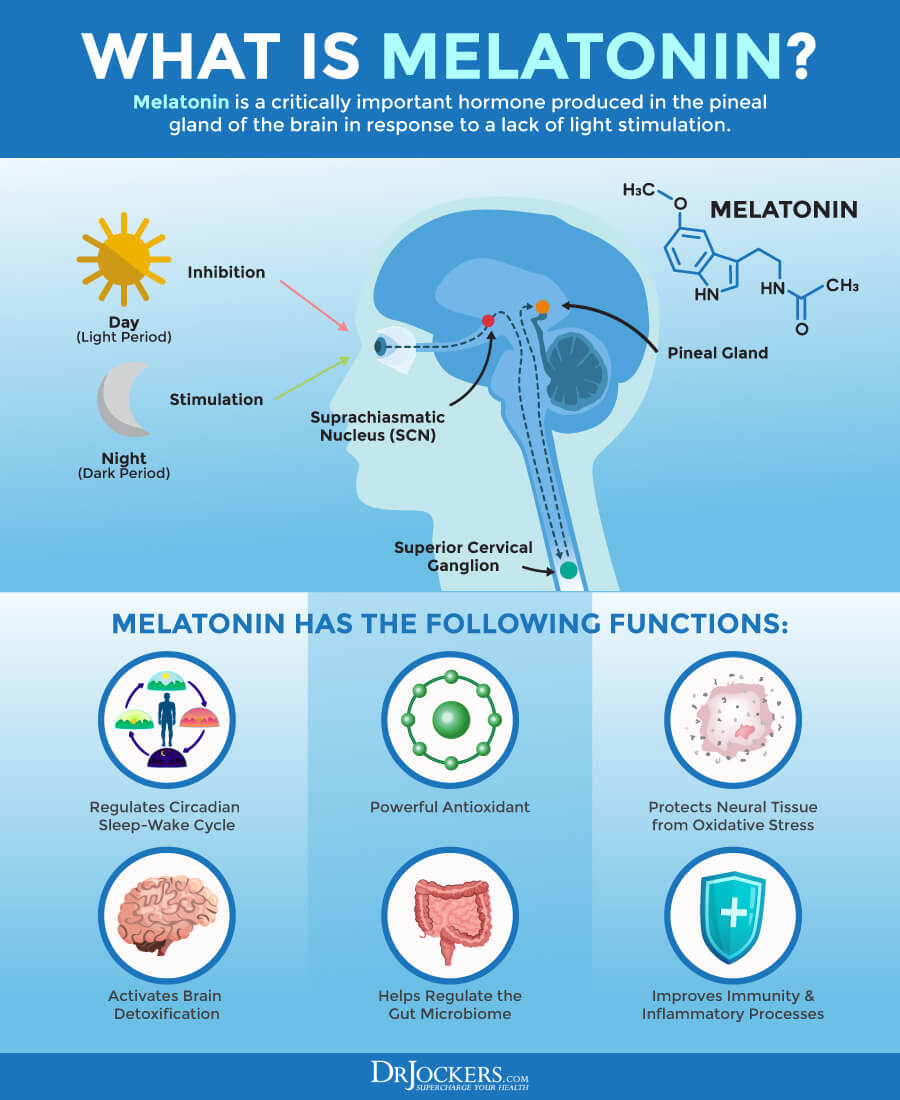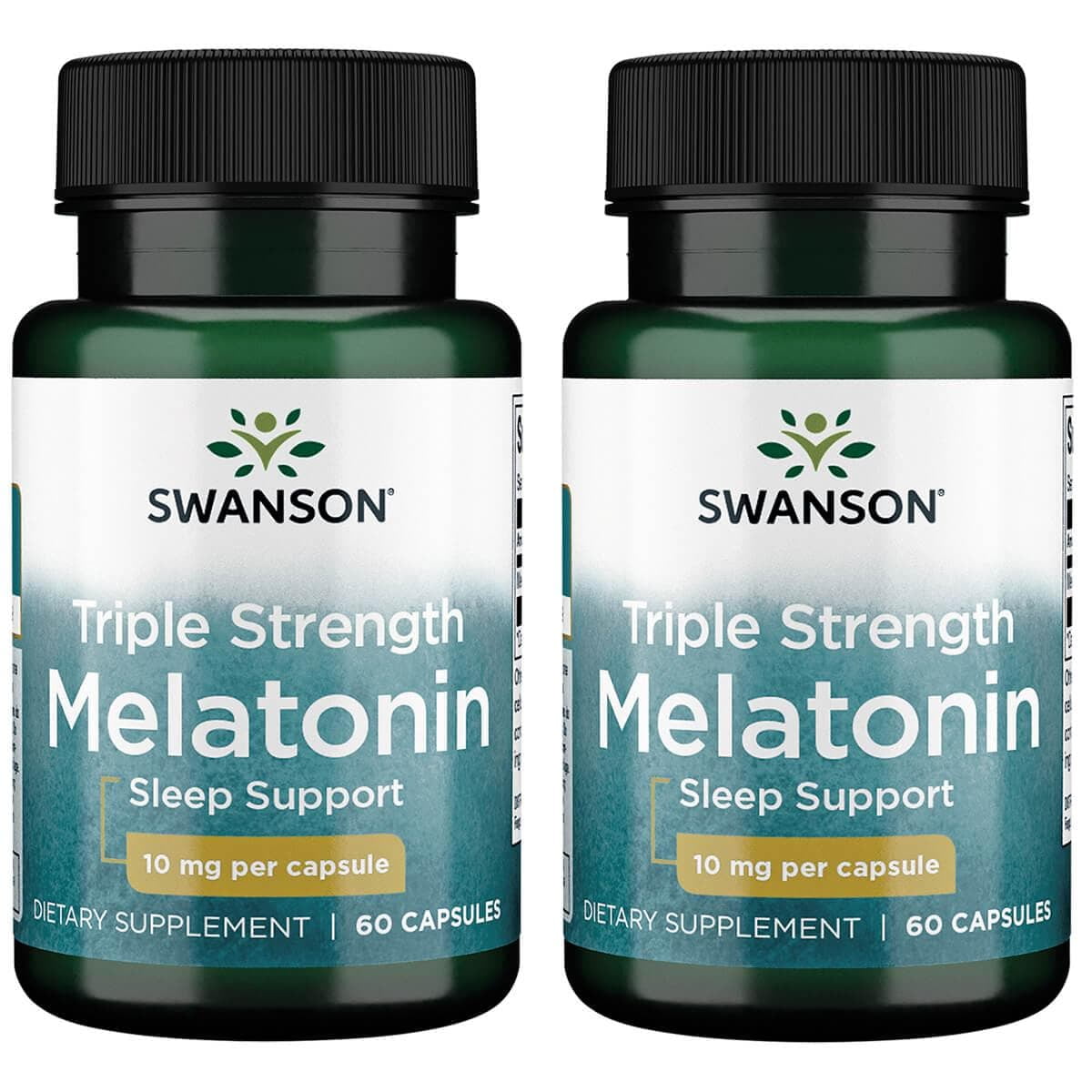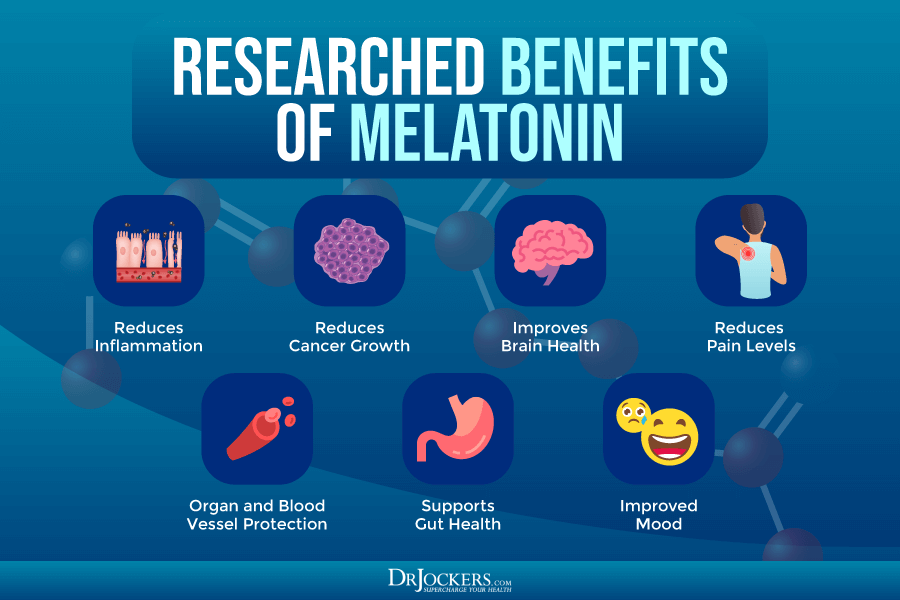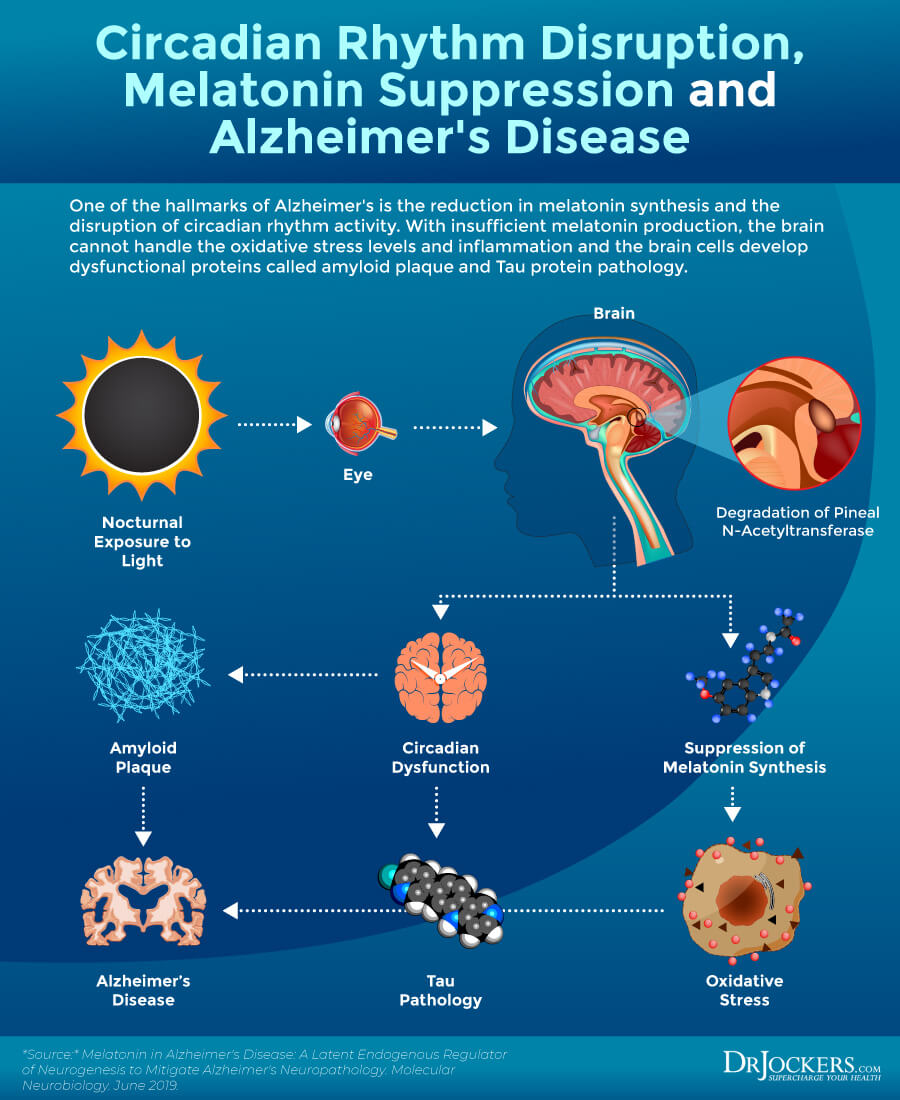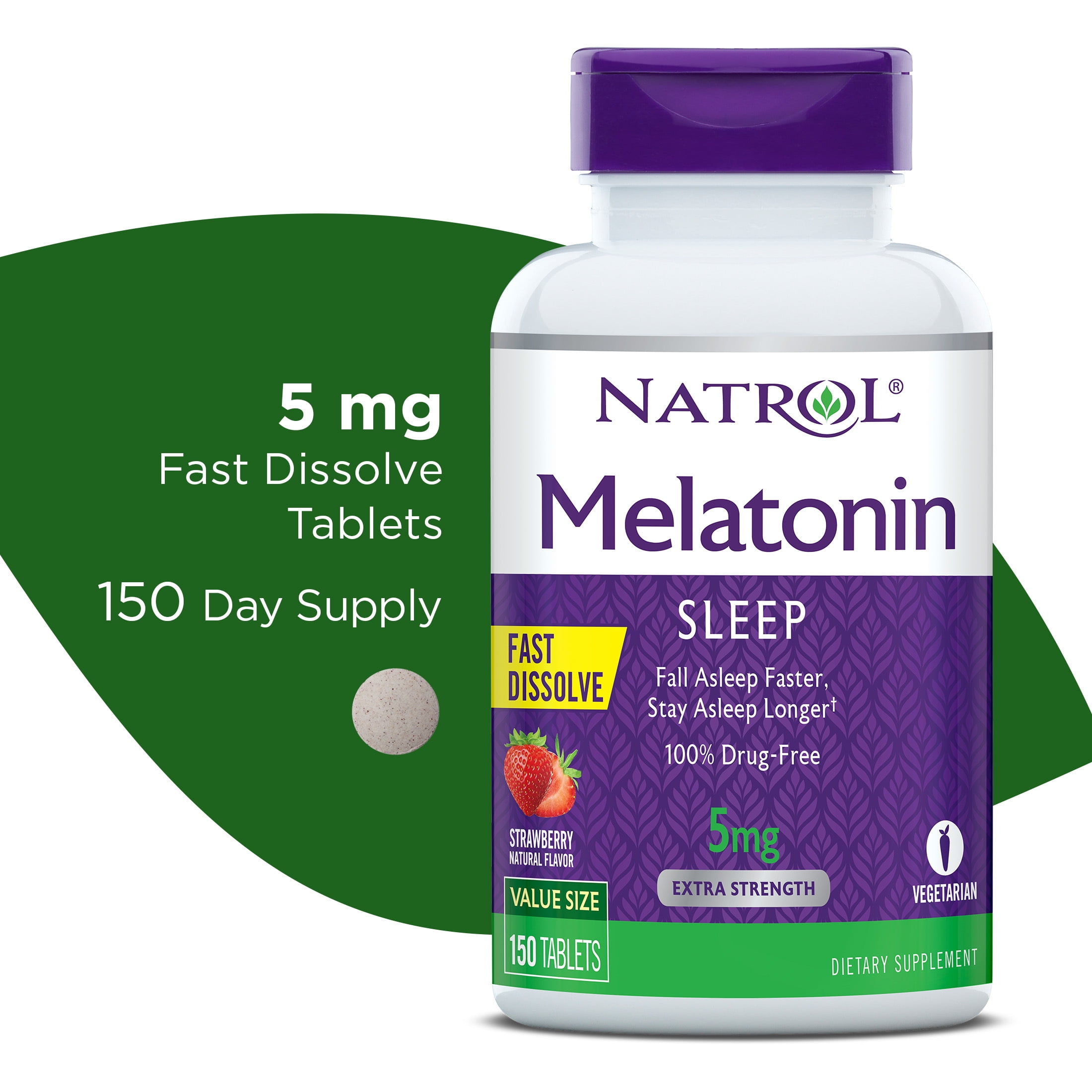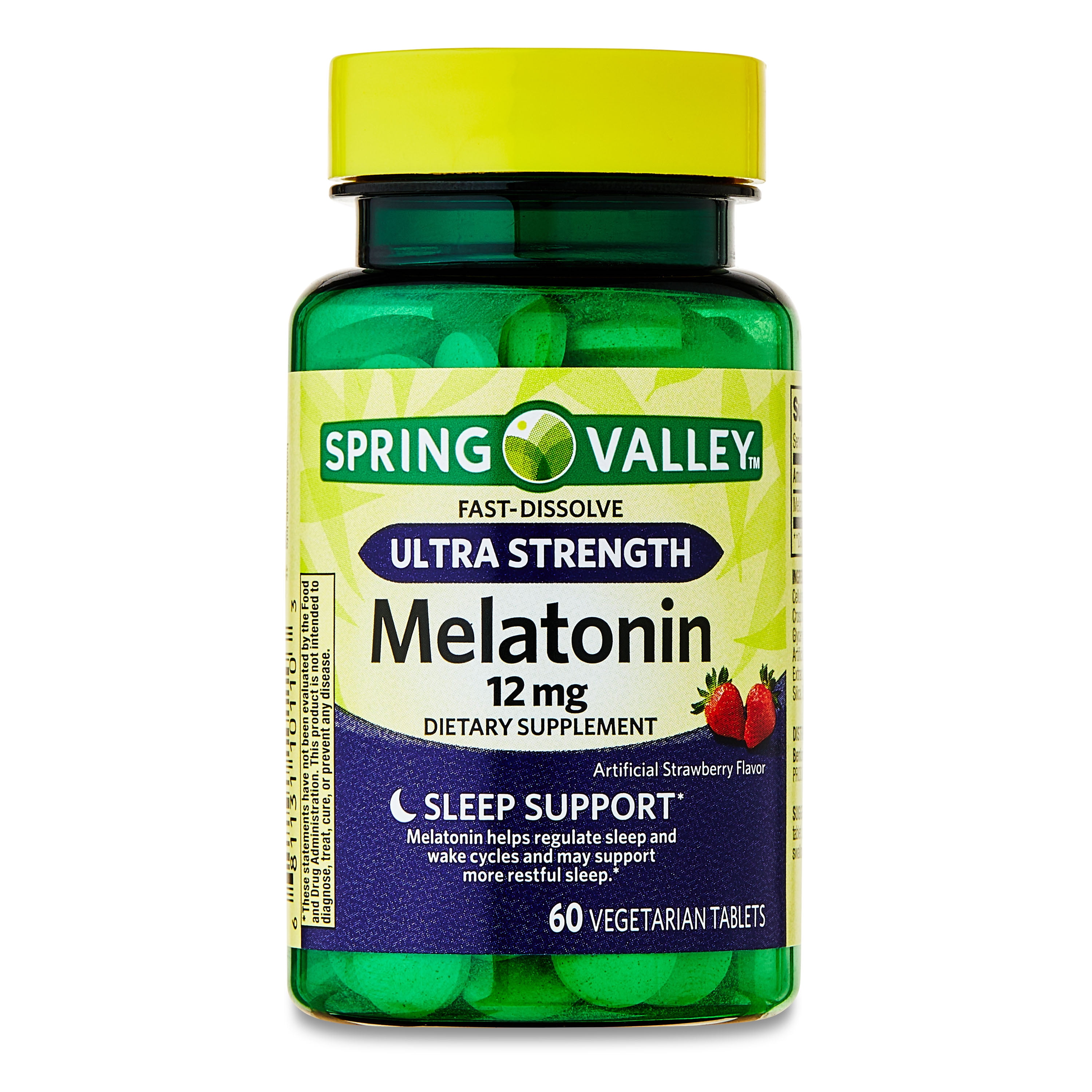Can You Take Magnesium And Melatonin At The Same Time

The gentle glow of the bedside lamp cast dancing shadows on the wall, illuminating a familiar scene: a half-read book resting on the nightstand, the soft hum of the air purifier, and the persistent digital glare of the alarm clock stubbornly displaying 2:47 AM. Tossing and turning had become a nightly ritual, a frustrating ballet of seeking sleep that stubbornly refused to arrive. The internet rabbit hole beckoned, promising potential solutions in the form of natural sleep aids – specifically, the dynamic duo of magnesium and melatonin. But a nagging question lingered: can these two supplements be taken together safely and effectively?
This question, often whispered in late-night searches and discussed in hushed tones in online forums, boils down to a fundamental concern about supplement interactions and their impact on overall well-being. While both magnesium and melatonin are widely recognized for their potential to promote relaxation and improve sleep quality, understanding their individual roles and potential synergistic effects is crucial before combining them.
Understanding Magnesium and Sleep
Magnesium, a vital mineral involved in hundreds of bodily functions, plays a critical role in regulating sleep. It acts as a natural muscle relaxant and helps to calm the nervous system. This mineral contributes to reducing anxiety and promoting a sense of tranquility, making it easier to fall asleep and stay asleep.
According to the National Institutes of Health (NIH), magnesium deficiency is relatively common, and low levels can contribute to sleep disturbances, muscle cramps, and even anxiety. Dietary sources of magnesium include leafy green vegetables, nuts, seeds, and whole grains. Supplementation can be beneficial for those who struggle to obtain adequate amounts through diet alone.
There are several forms of magnesium supplements available, each with varying absorption rates and potential benefits. Magnesium glycinate is often recommended for sleep due to its high bioavailability and gentle impact on the digestive system. Magnesium oxide, on the other hand, is less readily absorbed and may cause digestive upset in some individuals.
Delving into Melatonin's Role
Melatonin, a hormone produced naturally by the pineal gland, regulates the sleep-wake cycle. Its production is influenced by light exposure, with levels rising in the evening to promote sleepiness and decreasing in the morning to facilitate wakefulness. Supplemental melatonin is often used to address jet lag, shift work sleep disorder, and other sleep-related issues.
The Mayo Clinic notes that melatonin supplements can be helpful for some people, particularly those with delayed sleep phase syndrome. This is where an individual's natural sleep-wake cycle is shifted later than desired. However, it's crucial to use melatonin responsibly and at appropriate dosages, as excessive amounts can lead to side effects such as daytime drowsiness, headaches, and dizziness.
It is important to consider the dosage. Lower doses, such as 0.3 to 1 milligram, are often sufficient to promote sleep without causing significant side effects. Higher doses, exceeding 5 milligrams, may not necessarily be more effective and could potentially increase the risk of adverse reactions.
Can You Combine Them? The Expert Consensus
The good news is that, generally speaking, magnesium and melatonin are considered safe to take together. In fact, some experts believe that they may even work synergistically to improve sleep quality.
"Magnesium helps to relax muscles and calm the nervous system, while melatonin regulates the sleep-wake cycle," explains Dr. Sarah Miller, a sleep specialist at the Sleep Wellness Institute. "Combining them may address multiple factors contributing to sleep difficulties, potentially leading to a more restful and restorative sleep experience."
However, Dr. Miller emphasizes the importance of consulting with a healthcare professional before starting any new supplement regimen, especially if you have underlying health conditions or are taking other medications. This is particularly important for individuals with kidney problems, as their bodies may not be able to process magnesium efficiently.
Potential Benefits of Taking Magnesium and Melatonin Together
The potential benefits of combining magnesium and melatonin extend beyond simply falling asleep faster. The combination may also contribute to:
Reduced Anxiety and Stress
Magnesium's calming effects can help to alleviate anxiety and stress, creating a more conducive environment for sleep. This combined with melatonin’s natural sleep hormone will allow users to relax and fall into a deep sleep.
Improved Sleep Duration and Quality
By addressing both the neurological and hormonal aspects of sleep, magnesium and melatonin may help to increase sleep duration and improve overall sleep quality. Users might see themselves waking up less during the night with a full nights rest.
Muscle Relaxation
Magnesium's muscle-relaxant properties can help to prevent muscle cramps and spasms that may disrupt sleep. This is important especially for those with chronic pain.
Potential Side Effects and Precautions
While generally safe, it's important to be aware of potential side effects and take necessary precautions when combining magnesium and melatonin.
Some individuals may experience digestive upset, such as diarrhea or stomach cramps, from magnesium supplements, particularly at higher doses. Starting with a low dose and gradually increasing it can help to minimize these effects. Melatonin can cause daytime drowsiness, headaches, or dizziness in some people.
It's also crucial to consider potential interactions with other medications. Magnesium can interact with certain antibiotics, diuretics, and proton pump inhibitors. Melatonin may interact with blood thinners, immunosuppressants, and antidepressants. It's always best to discuss your current medications with your doctor or pharmacist before adding any new supplements to your routine.
Finding the Right Balance
Ultimately, determining whether to take magnesium and melatonin together is a personal decision that should be made in consultation with a healthcare professional. Factors such as individual health conditions, medication use, and specific sleep issues should be taken into consideration. Starting with low doses of each supplement and gradually increasing them as needed can help to assess individual tolerance and effectiveness.
Lifestyle modifications, such as establishing a regular sleep schedule, creating a relaxing bedtime routine, and optimizing your sleep environment, can also play a significant role in improving sleep quality. These combined with supplements, can provide a great nights sleep.
As the digital clock ticks towards 3:00 AM, the quest for restful sleep continues. While the allure of a quick fix is tempting, a thoughtful and informed approach, guided by professional advice, is the best way to navigate the world of sleep supplements and find the right path to a peaceful night's sleep. Maybe tonight, armed with knowledge and a personalized plan, that elusive slumber will finally arrive.
